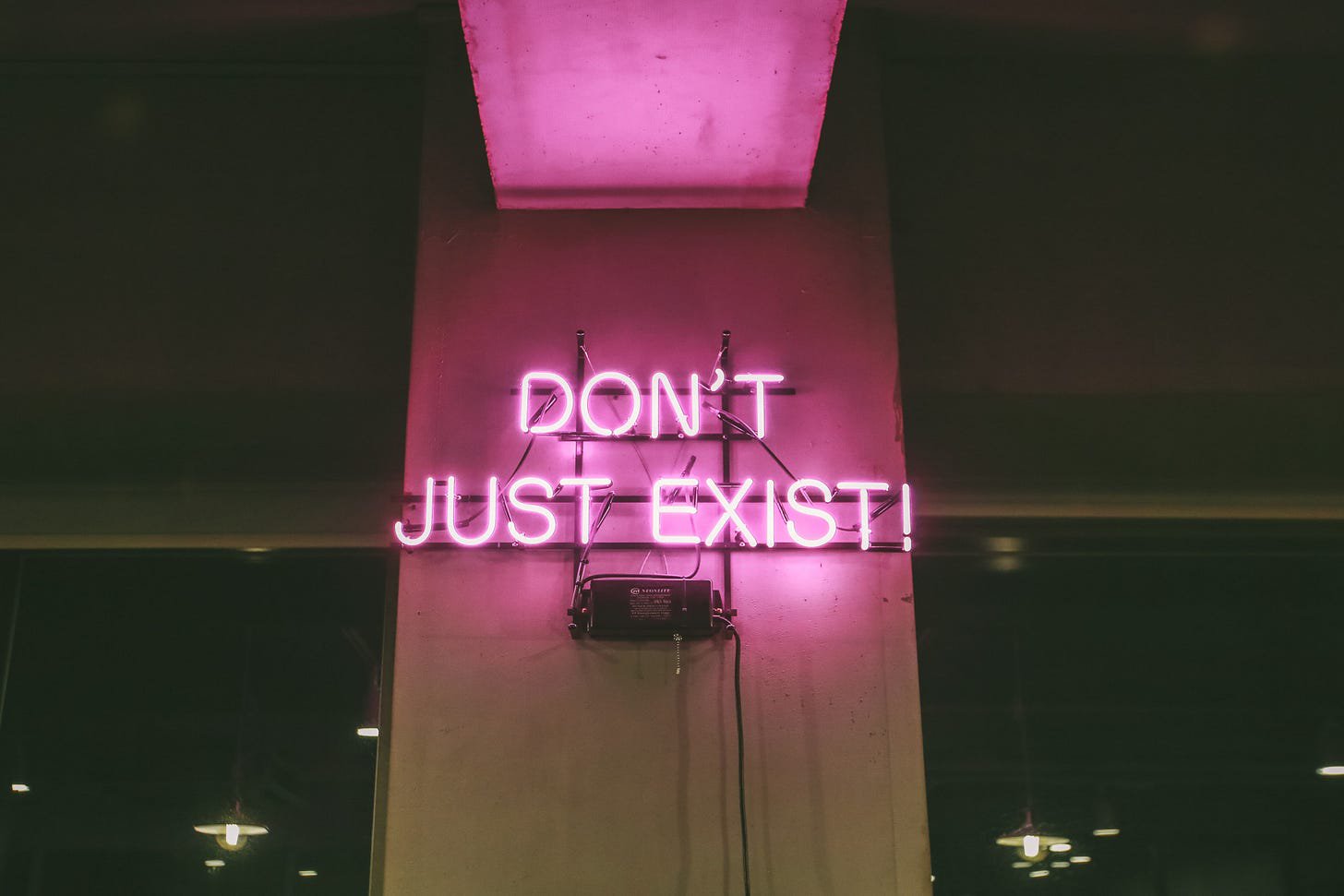
Self-reflection is an essential part of our development. Without it, you miss many opportunities. But self-reflection is not something that comes naturally to most of us. Heck, I only learned about it in the last five years. But once you go down the path of self-reflection, it will change your life, probably for the better.
Self-reflection is deliberately paying attention to your thoughts, emotions, decisions, and behaviours.
"Reflection is a deeper form of learning that allows us to retain every aspect of any experience, be it personal or professional — why something took place, what the impact was, whether it should happen again — as opposed to just remembering that it happened. It's about tapping into every aspect of the experience, clarifying our thinking, and honing in on what matters to us." — Geil Browning.
Being deliberate about self-reflection is making time for it as often as possible. It is a necessary process to promote learning and understanding, gain new perspectives, and respond more effectively. But self-reflection does not need to take a lot of your time. I think the challenging part is where to start.
You can self-reflect in many ways—journaling, different processes, mediation, openly sharing your thoughts, etc. I am sharing the approach taught at Hyper Island, a leading school for lifelong learning.
A short four-step process introduction to self-reflection
Step One
First, create the proper physical and mental state for reflection. Finish any pressing tasks. Send any important emails. If possible, go somewhere quiet.
You don't have to be too rigid with this process. Once you are in the habit, reflection can be done almost anywhere. A key to successful reflection is following a flow of the process's critical stages and making space in your life for calm, focused contemplation.
Step two
Check-in with yourself: How do I feel? How was the day? What's on my mind? Take a few moments to get into becoming present in the moment. Decide what experience your reflection will focus on (e.g. an experience that has recently occurred, a social interaction, a recent event, etc.)
Step three
You may wish to write down reflections with a pen and paper, free from the distractions of computers, phones, or tablets. You may want to set timings for each of the following questions if time is of any concern:
- What happened during the experience?
- How did I feel, and what were my reactions?
- What insights or conclusions can I draw from the experience? What did I learn?
- How can I apply what I learned to improve my future experience? What actions can I take based on what I learned?
Step four
If relevant, set deadlines for each action you have identified during your reflections and share them with your spouse, friend or colleague. Your colleague can support you by holding you accountable to complete them.
As with most of these methods, it is finding what works best for you will take time. There is no right or wrong. Experiment with different approaches. It took me a few months to get the hang of it; now, it is second nature, and it changed my life for the better. I become more humble, secure and overall happier.